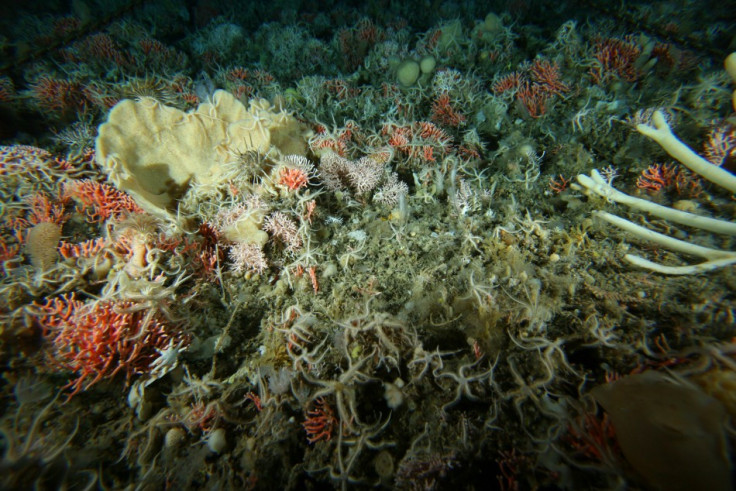Oceans Turning Acidic at Alarming Rate

The world's oceans are in danger of turning 150 per cent acidic by 2100, posing a major threat to marine life, according to a report presented to the European Parliament,.
Carol Turley of Plymouth Marine Laboratory said each year the oceans absorb 26 per cent of the total CO2. This has witnessed a gradual increase to 30 per cent since the Industrial Revolution in 1750.
Ocean acidification affects marine life with calcium carbonate skeletons and shells, making them sensitive to even small changes in acidity. Acidification also reduces the availability of calcium for plankton and shelled species, which constitute the base of the entire marine food chain, creating a disastrous domino effect that could wipe out entire ecosystems, according to Inter Press Service.
Wendy Watson-Wright, Assistant Director General and Executive Secretary of the Intergovernmental Oceanographic Commission (IOC) of Unesco said, the world is currently losing natural resources at a rate humans have not even begun to describe.
The presentation to the European parliament was made to brief legislators on the upcoming environment and developmental event, Rio+20 scheduled for June in Brazil. Issues concerning oceans and their sustainability will be discussed at the three-day event starting June 20. All United Nations member states will come together to discuss the future course of action towards environmental development and sustenance.
The event will mark 20 years of systematic global campaigns under the stewardship of the UN on sustainable environmental development.
© Copyright IBTimes 2025. All rights reserved.





















